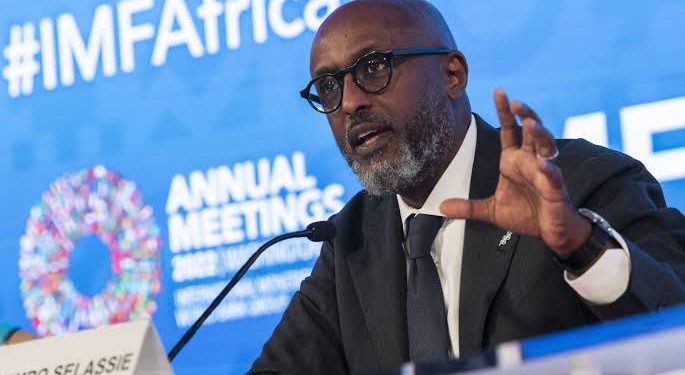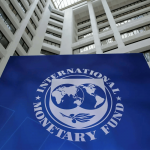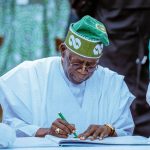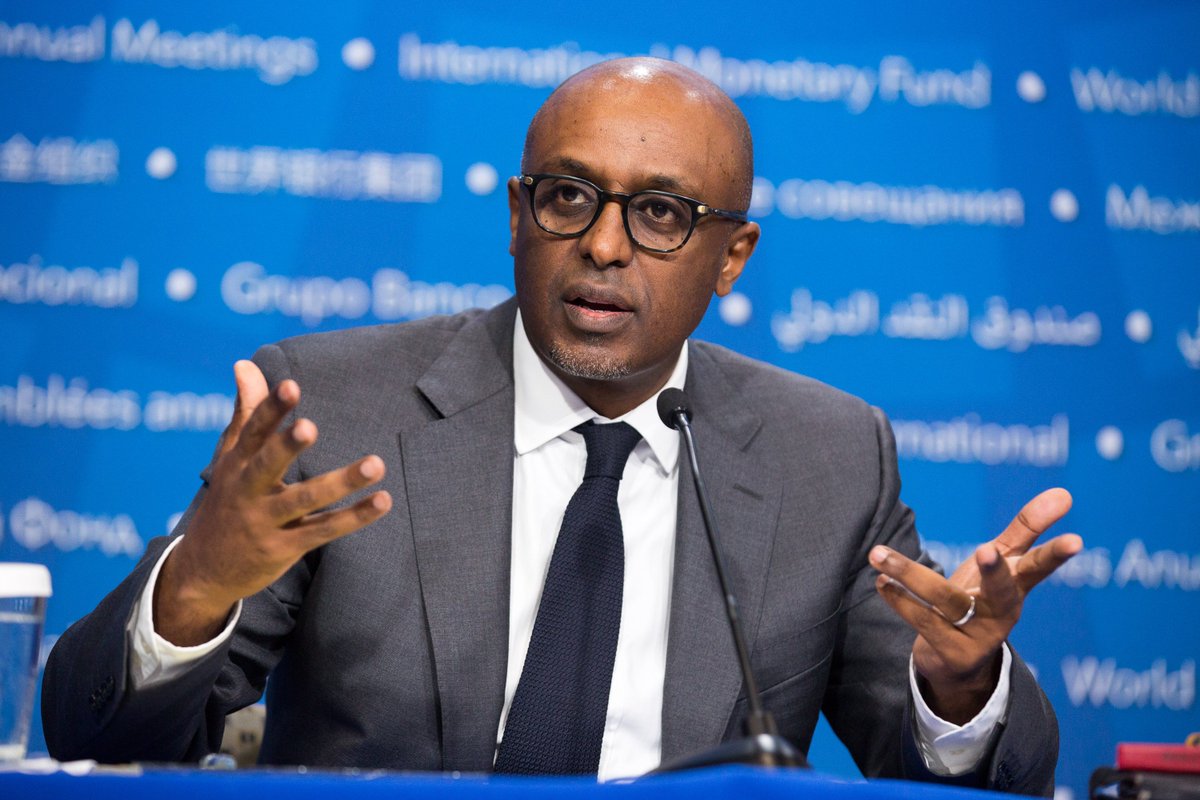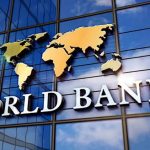The International Monetary Fund (IMF) has confirmed that the Nigerian government has not submitted any loan request. Abebe Selassie, the IMF Director of the African Department, addressed this during a press conference on Friday in Washington, D.C., amidst speculation in the media about potential borrowing from the IMF.
Selassie stated, “No, there has not been a request for funding from Nigeria,” emphasizing that if countries approach the IMF, they should come with a clear plan for necessary economic reforms. He noted that it is a right of any country in good standing with the IMF to access concessional financing, but currently, Nigeria has made no such request.
This clarification comes as Nigeria’s external debt is projected to rise significantly, potentially reaching 25% of its Gross Domestic Product (GDP) by 2025. The IMF’s regional outlook revealed a concerning trend, showing that Nigeria’s external debt as a percentage of GDP surged from 11.9% in October 2023 to 22.7% in October 2024. This increase underscores the pressing need for the Nigerian government to address its rising fiscal challenges, which may impact its ability to sustain economic growth.
The IMF also expressed serious concerns regarding Nigeria’s slow implementation of social measures designed to alleviate the adverse effects of recent economic reforms. These reforms include the controversial removal of fuel subsidies and the unification of foreign exchange rates, both of which have contributed to rising living costs for many citizens. Selassie emphasized, “A better job can be done by rolling out social protection, particularly for the most vulnerable,” highlighting the urgency of protecting low-income families who are disproportionately affected by these changes.
The IMF’s latest regional outlook has highlighted broader economic challenges faced not only by Nigeria but also by several countries in Sub-Saharan Africa, including Angola, Ethiopia, and Ghana. High inflation rates, fiscal deficits, and increasing debt obligations are common issues that continue to undermine the economic stability of these nations.
Selassie’s remarks reflect a growing concern within the international community regarding Nigeria’s economic trajectory and the need for effective governance and timely policy implementation. The IMF calls on the Nigerian government to expedite the rollout of social protection programs to cushion the effects of economic reforms on its most vulnerable citizens, thereby stabilizing the economy and fostering inclusive growth.
In light of these developments, stakeholders, including local businesses and micro, small, and medium enterprises (MSMEs), must closely monitor the situation. The challenges posed by rising debt levels and inflation can create both obstacles and opportunities for businesses seeking to adapt and innovate in a changing economic landscape. With the right support and strategic initiatives, Nigeria can work towards economic resilience and sustainable growth, benefiting all sectors of society.
As the IMF continues to watch Nigeria’s economic reforms, the path forward will require a balanced approach that combines fiscal responsibility with social equity, ensuring that the most affected populations receive the support they need to thrive.


